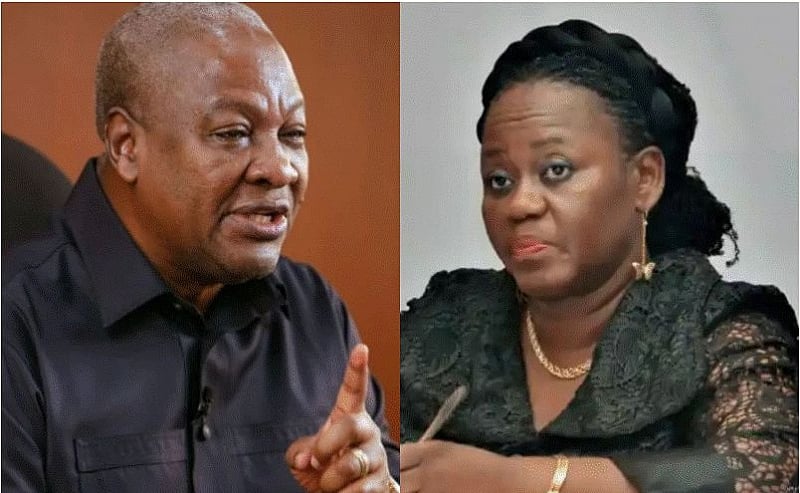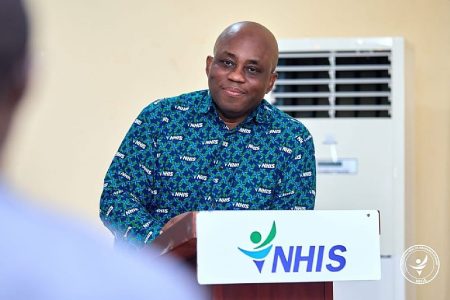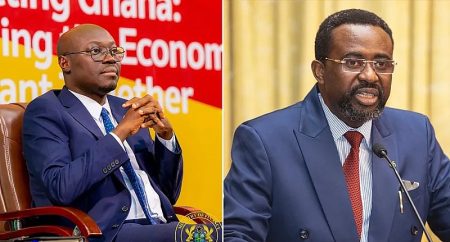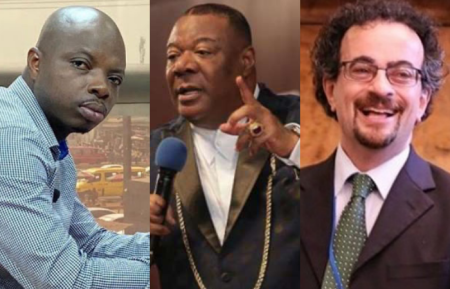The unfolding situation surrounding Chief Justice Gertrude Torkonoo’s suspension in Ghana highlights the delicate balance between judicial independence and accountability, and the constitutional mechanisms designed to address allegations of misconduct against high-ranking officials. President John Dramani Mahama has affirmed the government’s commitment to respecting the findings of the five-member committee established to investigate the petitions calling for her removal. This committee operates under the authority of Article 146 of the Constitution, which outlines the procedures for the removal of a Chief Justice based on stated misbehavior or incapacity. The Council of State, an advisory body to the President, played a crucial preliminary role in determining whether a prima facie case existed against the Chief Justice, which subsequently led to her suspension pending the committee’s final report. President Mahama’s statement underlines the importance of due process and the government’s intention to uphold the rule of law, even in matters involving such a high-ranking official.
The President’s public acknowledgment of the “difficult situation” reflects the gravity of the matter and the potential implications for the judiciary. The investigation into the Chief Justice’s conduct is not merely a personal issue but one that touches upon the integrity and independence of the judicial branch of government. The Council of State’s involvement in the initial stages of the process highlights its constitutionally mandated role as a safeguard against potential abuse of power and as a body that ensures adherence to due process. The President’s commitment to accepting the committee’s findings underscores the government’s respect for the constitutional framework designed to address such sensitive issues and reinforces the separation of powers principle.
The establishment of the five-member committee demonstrates the importance of a thorough and impartial inquiry into the allegations against Chief Justice Torkonoo. This committee serves as a crucial mechanism for ensuring accountability and maintaining public trust in the judiciary. Its mandate is to assess the evidence presented in the petitions and determine the veracity of the claims made against the Chief Justice. The committee’s independence is paramount to the legitimacy of its findings. The President’s commitment to acting upon the committee’s recommendations, whatever they may be, signals the government’s willingness to uphold the principles of transparency and accountability in the handling of this matter.
Chief Justice Torkonoo has vehemently denied the allegations against her, characterizing them as a deliberate attempt to damage her reputation. Her public statement highlights the complexities of such proceedings and the potential for reputational damage, even before the final determination of guilt or innocence. It underscores the importance of due process and the right of the accused to defend themselves against accusations. The public denial also brings into focus the potential for political motivations and the need for a truly independent and impartial investigation to ascertain the truth. The Chief Justice’s strong stance underscores the tension between the need for accountability and the protection of individual rights.
The petitions against the Chief Justice likely contain specific allegations related to her conduct and performance in office. While the details have not been fully disclosed, the allegations triggered the constitutional process for removal, indicating their seriousness. The committee’s investigation will delve into these allegations, examining evidence and hearing testimonies to determine their validity. The process underscores the importance of transparency and accountability for all public officials, including those holding the highest judicial positions. The committee’s findings will be crucial in determining the outcome of this situation and shaping public perception regarding the integrity of the judiciary.
The outcome of this investigation will have significant implications for Ghana’s judicial system. If the committee finds the allegations against Chief Justice Torkonoo to be substantiated, it could lead to her removal from office, a significant event with potential repercussions for the judiciary. Conversely, if the committee exonerates her, it will reaffirm her position and restore her public standing. Beyond the immediate implications for the Chief Justice, the entire process serves as a test of Ghana’s constitutional mechanisms for ensuring judicial accountability and upholding the rule of law. The public scrutiny surrounding this case highlights the critical role of a transparent and independent judiciary in a democratic society.














